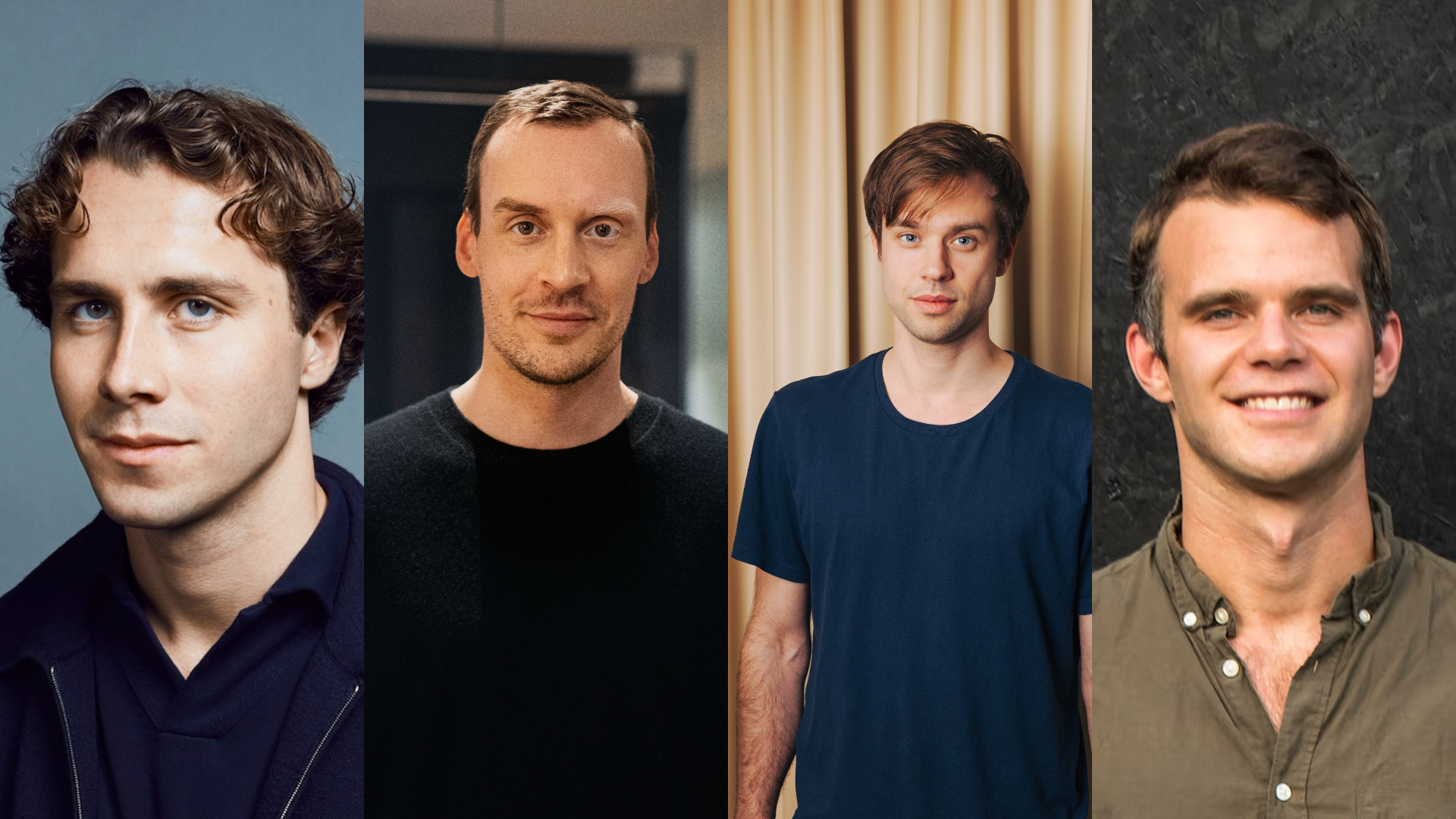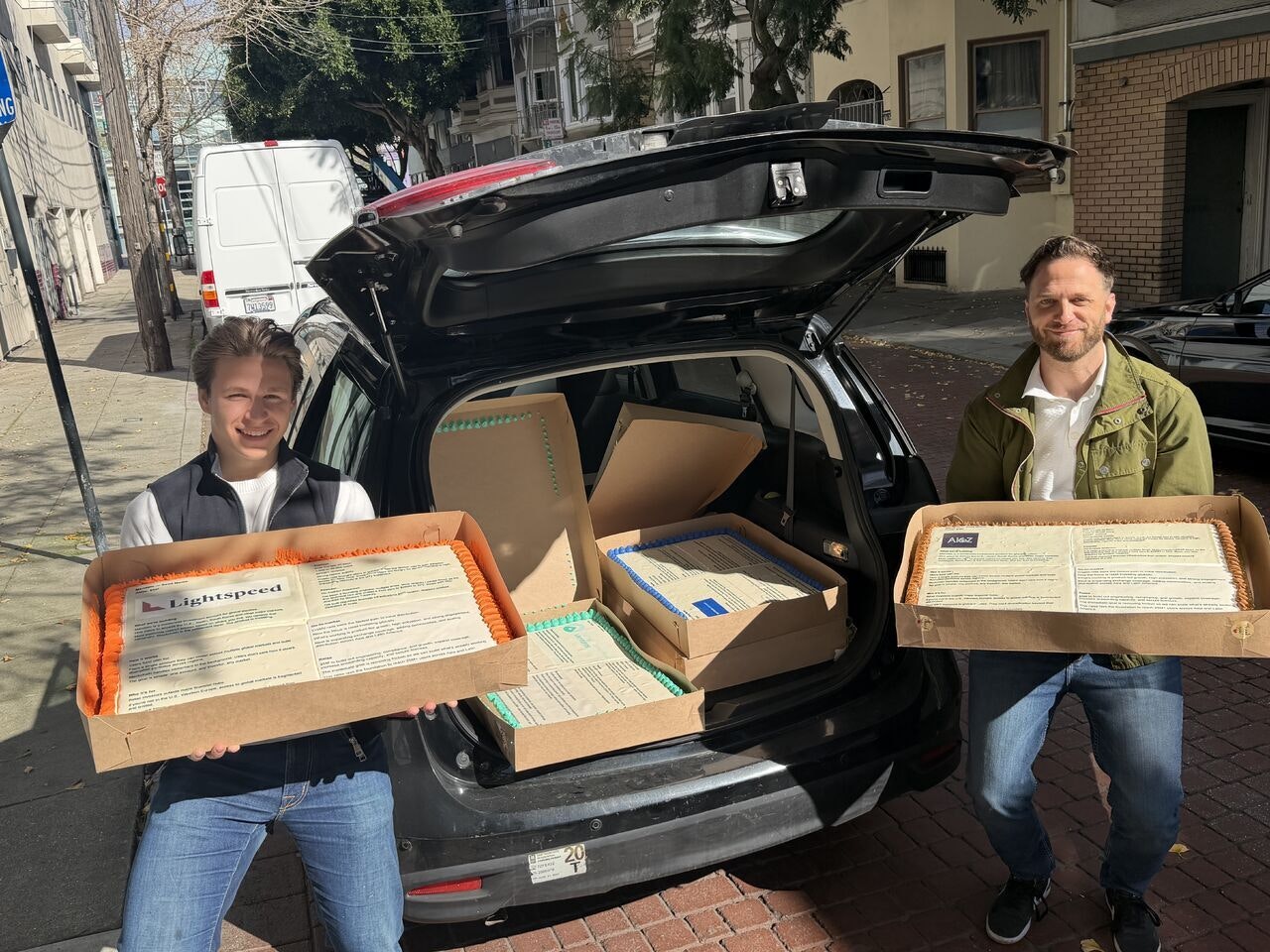When Brooke Andrews set out to raise venture capital for her startup, fashion rental platform Rotaro, she went through an experience she says is all too common among female founders.
“During my fundraise, I was sexually harassed and assaulted by an investor who abused his position of power,” she tells Sifted.
Andrews’ own experience underscored for her the urgency of creating a safe pathway for women to access venture capital, she says. Today she’s launching Safe Raise: a platform dedicated to doing just that.
The first task is getting female founders to document their experiences of fundraising, via an anonymous questionnaire, which also asks questions on perceptions of power dynamics and safety, as well as instances of harassment and assault.
“We're not interested in naming or shaming, and this is not about cancel culture, but exploring an accurate picture of the female founder’s experience while she fundraises,” she says.
How can Safe Raise help?
Once sufficient data is collected from the questionnaire process, Safe Raise will analyse it. Andrews is not only hoping to uncover the prevalence of misconduct, but also the conditions in which it occurs — such as whether it’s more prevalent among small angel networks or institutional funds.
She hopes the data will serve as a tool for advocacy, to allow founders and investors to push for reform.
Safe Raise's next steps will be guided by the data it collects, but Andrews has early plans to start an educational programme for VCs and angels to become “Safe Raise certified” — demonstrating their investors have undergone training. Andrews is hoping to find five initial VCs or angel networks who want to commit to creating safer spaces for women as part of the programme.
Speaking from experience
Andrews is sharing her own experience out of hope that it might give others the courage to speak up. She remembers how the investor that assaulted her slowly built up their predatory behaviour towards her.
“What began as texts, comments and jokes escalated into repeated attempts to isolate me under the guise of this mentorship and support, helping me create my pitch deck, introducing me to the right people, and that ultimately culminated in an assault,” Andrews says.
Before the assault, Andrews had told the investor — who is not a Rotaro backer — that she was not interested in a physical relationship with him: “But again, meetings were scheduled out of the office, generally over drinks and in environments where I didn't feel like I wasn't being treated in the same way as a male counterpart.”
“Every single woman had a story”
Andrews adds that the experience wasn’t only traumatic, but also isolating. “In the immediate aftermath, I was so mortified and I felt so shameful about this incident,” she says. “My first instinct was to bury the experience and pretend it didn't happen.”
Gradually, Andrews started talking to others in the ecosystem. “Some people weren't surprised at all, while others advised me to stay silent as this could impact my future ability to raise capital,” she says.
One thing quickly became clear. “Every single woman had a story, from being asked out on dates while they were pitching to being forced into meetings held over drinks, receiving inappropriate messages, and in a few cases, physical advances without consent,” Andrews recounts.
“The most common feeling amongst these women was a sense of resignation,” she says, adding that women have come to accept that harassment is a part of doing business in venture capital.
“Women are having to navigate sexual politics and in many cases their sexual safety on top of the already stressful and arduous experience of fundraising,” she says.
The informality of VC
Since the MeToo movement in 2018, sexual harassment cases have come to light across numerous industries, from entertainment to finance. Andrews believes there are three dynamics that make VC a particular hotbed for misconduct.
“First, there is an inherent and immediate power imbalance between an investor who has the capital and a founder who needs the capital,” she says.
“The second is scarcity. Founders pour their blood, sweat and tears, and oftentimes their own money into their businesses.” The high stakes mean female founders can feel they have to accept demands that they wouldn’t feel comfortable accepting in their personal life, like meetings out of hours or in bars, she says.
The third, Andrews says, is the informality of the venture industry. “Unlike regulated industries, venture is often a relationship based on close networks and opaque decision making processes.”
Founders’ ability to raise is based on who they know and how well they network. “Social events and private meetings can blur the lines between professional and personal, and that obviously leaves room for misconduct,” Andrews says.
Behind that, she says, is the simple fact that venture is still a “very homogenous group of people.” A 2023 report found that just 16% of general partners in Europe are women, and the year saw an exodus of female investors leaving the profession.
So, as she builds out the Safe Raise platform in the hope that it will help make change, what does Andrews believe well-intentioned male investors can do to help?
“They need to listen and believe women's stories without dismissing them as outliers or exaggeration,” Andrews says. “Men in positions of power need to work to dismantle the structures that allow this harassment to thrive.”



